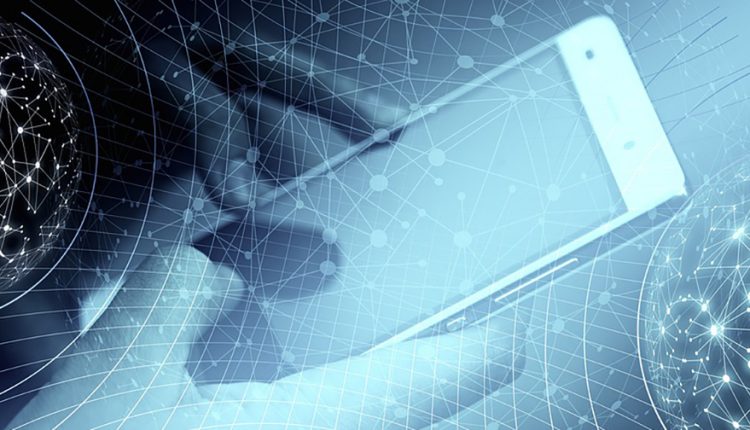Dangerous consequences of compromising the security of tech devices
Canada has just joined the other Five Eyes allies – Australia, New Zealand, the UK, and the US – in a renewed call to create backdoors into private citizens’ information. The Five Eye countries demand that technology companies cooperate with law enforcement agencies to allow access to encrypted and private communications, including Facebook and text messages.
Ruby Gonzalez, Communications Director at NordVPN, explained: “It seems that the demands for backdoors are being made by governments that have little understanding about the way technology works. It’s impossible to build backdoors into smartphones and other devices without jeopardizing the overall security of that device.
“When a backdoor is created, that device is not safe anymore. We live in the age when cyber criminals are inventing increasingly sophisticated ways to breach millions of private accounts on Facebook, to compromise tech devices or to steal personal identities. If smart devices have backdoors, cyber criminals will get the easiest way to steal private data from millions of users.”
Canadian officials, however, are claiming that encryption has created gaps for law enforcement and national security.
“Unfortunately, it’s impossible to have personal online security without dependable encryption,” said Ruby Gonzalez. “We are really concerned about the forcefulness of the Five Eye governments and a threat that if tech companies don’t collaborate, they will force backdoor upon them. It’s also important to note that if some countries do pass such a law, device makers might entirely withdraw their products from these markets.”
In the meanwhile, NordVPN recommends that smart device users take security into their own hands by using VPNs, password managers, and anti-malware software. However, if the backdoor into smart devices in indeed created, these devices might be left completely unsecured, no matter what the users do to protect them.


The author seems to assume that government officials will somehow be more ethical in their use of snooped information than are common crooks. History over the last century, certainly in the US, contradicts this. Government agencies and officers have used snooped data to pressure legislators and to persecute lawful political dissenters. We have to weigh the benefit of catching genuine criminals against the societal harm of “Big Brother” officials.